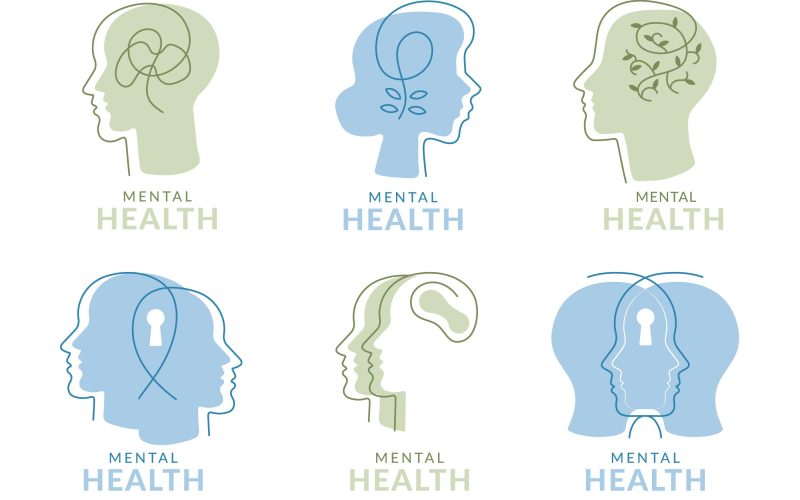Introduction:
When we think about nourishing our bodies, we often focus on physical health. However, emerging research suggests that our dietary choices also play a crucial role in our mental well-being. The food we consume has the power to impact our brain chemistry, mood, and overall mental health. In this article, we will explore the connection between diet and mental well-being, shedding light on the importance of nutrition in supporting optimal brain function and emotional balance.
- The Gut-Brain Axis:
The gut-brain axis is a bidirectional communication system between the gut and the brain. It involves a complex network of neurons, hormones, and chemicals that influence our thoughts, emotions, and behaviors. Research indicates that the health of our gut microbiota, the trillions of bacteria residing in our digestive system, is closely linked to our mental well-being. A diet rich in fiber, whole grains, and fermented foods nourishes the gut microbiota, promoting a healthy balance of beneficial bacteria and reducing the risk of mental health disorders such as depression and anxiety.
- Essential Nutrients for Brain Health:
Certain nutrients are essential for maintaining optimal brain function and supporting mental well-being. Omega-3 fatty acids found in fatty fish, flaxseeds, and walnuts are known for their anti-inflammatory properties and have been linked to reduced risk of depression. B vitamins, found in leafy greens, legumes, and whole grains, play a crucial role in neurotransmitter synthesis and can support cognitive function and mood regulation. Antioxidants, abundant in fruits and vegetables, protect the brain from oxidative stress and may help prevent age-related cognitive decline.
- Impact of Processed Foods and Sugar:
While a nutrient-rich diet is beneficial for mental health, the consumption of processed foods and excessive sugar has been associated with an increased risk of mental health issues. Highly processed foods often lack essential nutrients and contain additives and preservatives that may disrupt the delicate balance of brain chemistry. Excessive sugar consumption can lead to fluctuations in blood sugar levels, which can contribute to mood swings, irritability, and fatigue. Limiting the intake of processed foods and sugary snacks can support stable energy levels and promote emotional well-being.
- The Role of Micronutrients:
Micronutrients, including vitamins and minerals, are essential for brain function and mental well-being. Deficiencies in micronutrients such as vitamin D, iron, magnesium, and zinc have been linked to an increased risk of mental health disorders. Ensuring a varied and balanced diet that includes foods rich in these micronutrients can support brain health and contribute to a positive mood. In some cases, supplementation may be necessary to address specific deficiencies, and consulting with a healthcare professional is recommended.
- Mindful Eating and Mental Well-being:
In addition to the nutritional content of food, the way we eat also influences our mental well-being. Mindful eating, which involves paying attention to the sensory experience of eating and being present in the moment, can enhance the enjoyment of food and promote a positive relationship with eating. Mindful eating practices can help reduce emotional eating, improve body satisfaction, and support a healthier attitude towards food and mental well-being.
Conclusion:
The connection between diet and mental well-being is a fascinating area of research that highlights the significant impact of nutrition on our brain health and emotional balance. A nutrient-rich diet, focusing on whole foods, essential nutrients, and a diverse range of fruits, vegetables, and whole grains, can support optimal brain function and promote mental well-being. At the same time, reducing the consumption of processed foods and excessive sugar can help mitigate the risk of mental health disorders.












